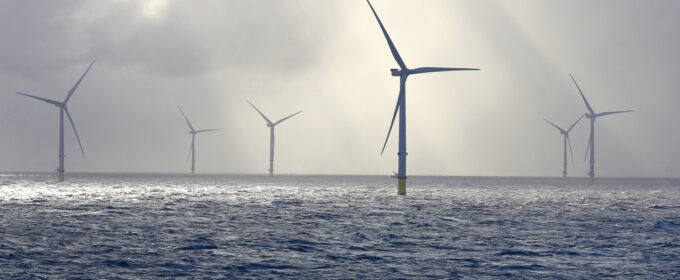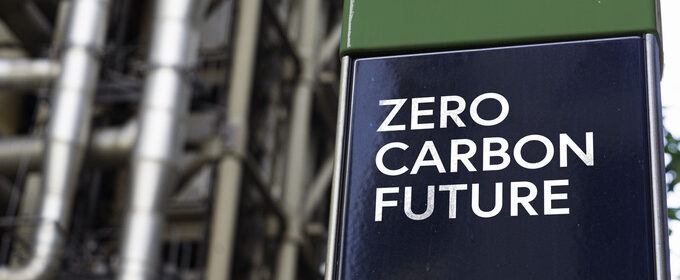The government have identified climate action as a core mission set out in their manifesto. Framing this in terms of Britain becoming a ‘clean energy superpower’ has generated considerable initiative around renewed climate action, but in this article, Professor Matthew Paterson outlines how this approach creates policy gaps – and potential political problems. Labour has […]




